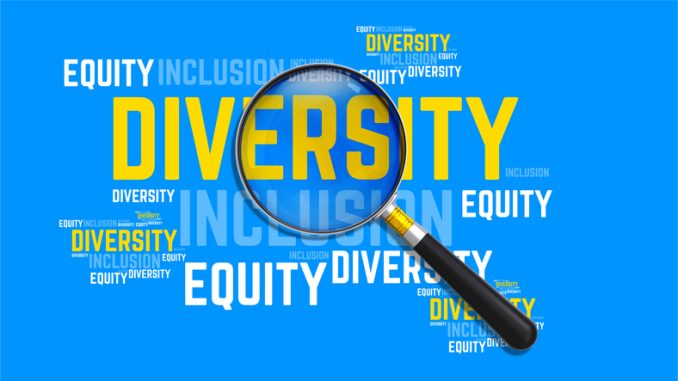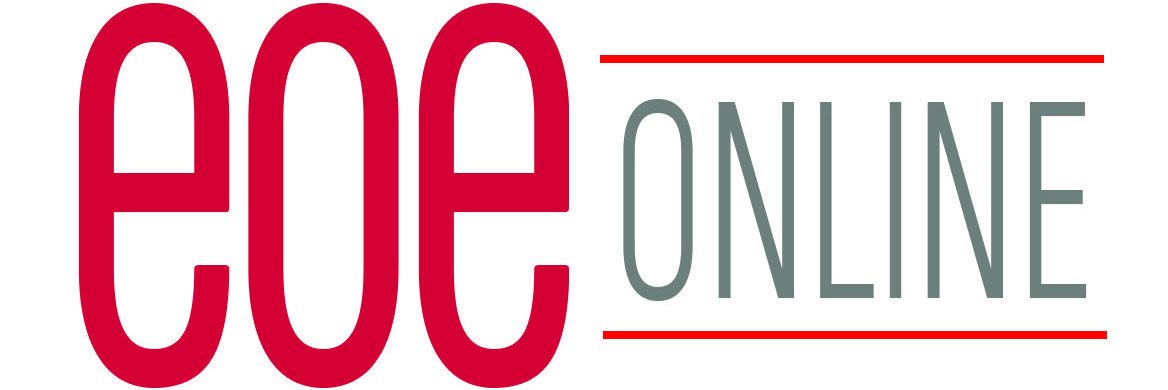
by Rachel Marshall, Victoria Slade, Davis Wright Tremaine LLP
With the recent spate of legal challenges against DEI initiatives, business leaders are being forced to balance their commitment to principles of diversity, equity, and inclusion with the risk of costly and time-consuming lawsuits and other challenges. Two of the founding members of Davis Wright Tremaine’s DEI Counseling Group – Vicky Slade and Rachel Marshall – share their perspective on how companies can navigate this conundrum and why in the coming year it is more important than ever to stay committed to DEI initiatives.
In June 2023, the U.S. Supreme Court made a groundbreaking decision that sent shockwaves across the nation, igniting a heated debate about the future of Diversity, Equity, and Inclusion (“DEI”) programs. In two similar cases, Students for Fair Admissions v. Harvard and Students for Fair Admissions v. UNC, the Supreme Court was asked to determine whether the consideration of race in college admissions was unlawful under the Equal Protection Clause of the Fourteenth Amendment. The court’s ruling was a seismic shift, overturning two decades of precedent. It held that race could not be used as a factor in college admissions as it violated federal law. This decision sent ripples of uncertainty through DEI programs across the country, creating doubt over their future with companies that fear that their DEI programs may be targeted.
Those fears were well-founded. In the aftermath of the Students for Fair Admissions decisions, a group of Attorneys General from thirteen states and Arkansas Senator Tom Cotton issued warnings to business leaders about the potential risks associated with their DEI programs. They cautioned against using racial preferences or quotas to combat discrimination, likening employer DEI programs to unlawful discrimination, and they threatened companies that their DEI programs would be subject to investigation by state agencies. Next came lawsuits targeting law firm diversity fellowship programs and investment funds aimed at leveling the playing field for minority-owned businesses, as well as a slew of administrative challenges and threatening letters sent to some of the country’s most well-known companies and organizations, challenging aspects of their DEI programs, including trainings, affinity groups, hiring goals, public statements, executive incentives, and other efforts to advance equity. These claims are still working their way through the legal system, with no clear answers yet emerging regarding the legitimacy of the attacks.
Over the last few years, as our society’s understanding of systemic inequities and hidden barriers to equity has grown, and as companies have determined that fostering diverse, equitable, and inclusive workplaces is an important business interest, our work as labor and employment lawyers has included an increasing amount of advising businesses around their DEI programs. This has involved both reviewing the programs to ensure they are compliant with the law and also helping to identify areas of opportunity where the employer could do more to dismantle barriers to equity. In response to the increasing importance of this work since the Students for Fair Admissions decisions and ensuing surge of anti-DEI sentiment, DWT formally launched its DEI Advice and Counseling practice earlier this year.
To read this article in its entirety at jdsupra.com, click here.
